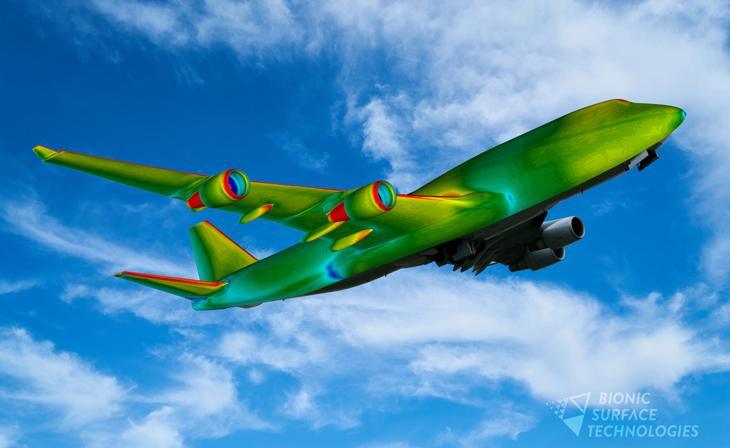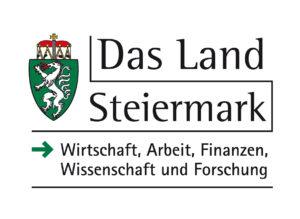Discovery inspired by nature
Considered to be the rulers of the sea, sharks have long been known to move faster and for longer periods than any other type of fish. One of the reasons for this is their skin, which has grooves on the scales in the direction of the water flow. This reduces the frictional resistance on turbulent surfaces. Bionic surface technologies has taken the so-called riblet effect of shark skin and applied it to a reproducible riblet film. The film is now being applied by Lufthansa.
Efficient and climate-friendly
From the beginning of the coming year, the entire Lufthansa Cargo fleet of ten Boeing 777 jets will be covered with the shark skin effect film on the lower half and the sides of the fuselage and on parts of the wing. The target is to reduce air friction by around one percent. This should result in a significant reduction in fuel consumption for the airline and save some 11,700 tonnes of CO2 emissions per annum.
Customised films from bionic surface, based in Graz-Liebenau
The bionic surface company supplies customised films that allow potential improvements in fuel consumption to be fully exploited. This is achieved primarily by conducting computer simulations of the aircraft. From this the design of the surface riblets can be drawn up. This design is then transferred to the corresponding surfaces using foil, lacquer or laser techniques.









